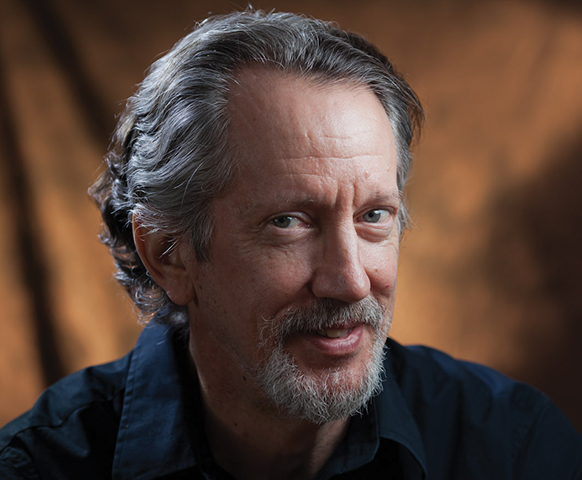
Image caption:
Dale Keiger
Editor
Several years ago I needed emergency surgery.
When I entered the hospital I was one hurting boy, but in my room post-op I felt great. After I'd exclaimed this for the third time, I saw my wife smile patiently as she said, "Honey, they've got you on morphine."
In certain situations, opioids are wonderful things. They can relieve pain and suffering for a short time when that's exactly what you need. But they come with a devil's bargain—in exchange for temporary relief comes a substantial risk of dependence. Public commentators often call drug abuse a scourge, and for once they're not exaggerating. Large parts of American cities have been ravaged, and for years now suburbs and rural towns have also been hit hard.
As noted in Julie Scharper's story "Prescription for Addiction" in this issue, people have been finding ways to get high for at least 6,000 years. That means we have had six millennia to sort out the moral, legal, and health implications of how certain molecules exert such a profound effect on mind and body, and we still haven't gotten it right. Talk about a long-term issue.
For years, Johns Hopkins researchers have studied the problem from every perspective and worked for better ways to treat pain and addiction. That work continues, as does the critique of drug laws and the criminalization of addiction. The recent report from the Johns Hopkins–Lancet Commission on Drug Policy and Health noted, bluntly, that drug laws are "portrayed by policymakers to be necessary to preserve public health and safety, and yet they directly and indirectly contribute to lethal violence, disease, discrimination, forced displacement, injustice, and the undermining of people's right to health." We can't undo the chemistry of how opioids affect the brain. But we can undo bad laws.

Dale Keiger
Editor
Give us your feedback by sending a letter to the editor via email to jhmagazine@jhu.edu. (We reserve the right to edit letters for length, style, clarity, and civility.)







